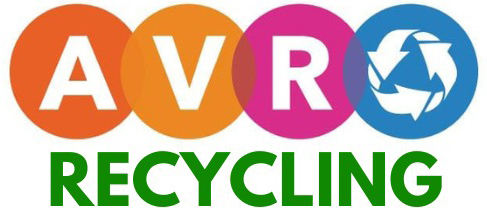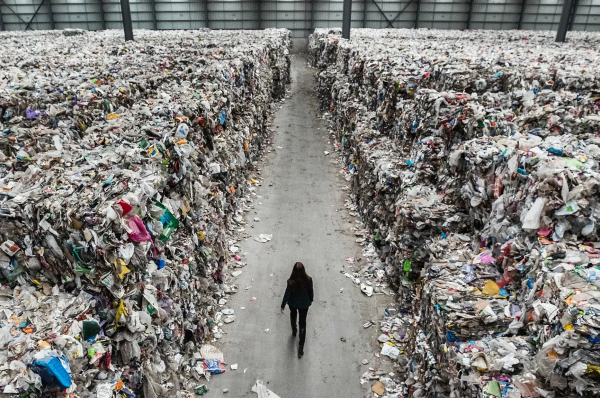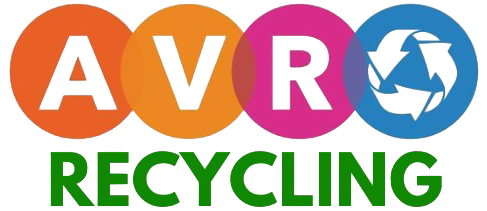Plastic pollution is one of India’s most pressing environmental challenges, with millions of tons of waste generated annually. From clogged waterways to overflowing landfills, the improper disposal of plastic has far-reaching consequences. AVRO, a technology-driven company with over 22 years of expertise, is at the forefront of combating this crisis. Through its innovative recycling methods and sustainable practices, AVRO is transforming how India addresses plastic waste.
The Plastic Pollution Crisis in India
India generates an estimated 10 million metric ton of plastic waste every year, with only a fraction of it being recycled. The remainder often ends up in landfills, rivers, or oceans, contributing to severe environmental degradation. The need for effective plastic waste management is urgent, and AVRO has emerged as a critical player in tackling this challenge.
AVRO’s Multifaceted Approach to Combating Plastic Pollution
- Massive Recycling Operations
AVRO currently recycles 6,000 metric tons of plastic waste annually, preventing it from polluting the environment. By FY25, the company plans to double this capacity to 12,000 MTPA, significantly amplifying its impact. - Transforming Waste into Wealth
AVRO gives discarded plastics a second life by converting them into durable, high-quality furniture. With a production capacity of 5 million pieces per year, AVRO ensures that plastic waste is not just managed but transformed into a valuable resource. - Collaborative Initiatives
- Partnerships with Municipalities: AVRO works closely with local governments to streamline plastic waste collection and management.
- Community Engagement: The company collaborates with NGOs and community groups for clean-up drives and awareness programs.
- Supply Chain Integration: AVRO empowers small-scale waste collectors and recyclers by incorporating them into its supply chain.
- Raising Public Awareness
AVRO conducts campaigns to educate the public about the importance of recycling and the environmental benefits of choosing sustainable products. This fosters a culture of responsibility and encourages individual contributions to the fight against plastic pollution. - Promoting a Circular Economy
AVRO exemplifies the principles of a circular economy by ensuring that waste is reused to create new products, reducing reliance on virgin plastic and conserving resources.
Impact of AVRO’s Efforts
- Environmental Benefits
- Reduction in Landfill Waste: AVRO’s recycling initiatives divert thousands of tons of plastic waste from landfills each year.
- Lower Carbon Footprint: By recycling plastic and manufacturing locally, the company reduces greenhouse gas emissions.
- Economic Contributions
- Job Creation: AVRO’s operations generate employment opportunities across the recycling, manufacturing, and distribution sectors.
- Entrepreneurial Support: Small businesses and waste collectors benefit from AVRO’s partnerships and procurement strategies.
- Consumer Empowerment
Through affordable, eco-friendly furniture, AVRO enables consumers to make sustainable choices, directly contributing to the fight against plastic pollution.
Challenges and the Path Forward
While AVRO has achieved remarkable success, challenges remain:
- Plastic Waste Collection: Improving collection efficiency and segregation at the source is crucial.
- Awareness Gaps: Continued efforts are needed to educate people about recycling and its benefits.
- Scaling Infrastructure: Expanding recycling capacity requires significant investment and innovation.
AVRO is committed to addressing these challenges by investing in technology, expanding its footprint, and fostering collaborations.
Conclusion
AVRO’s role in combating plastic pollution in India is a shining example of how businesses can drive meaningful environmental change. By turning plastic waste into valuable products, empowering communities, and promoting a circular economy, AVRO is not just reducing pollution—it is redefining sustainability in India.
Join AVRO on its mission to create a cleaner, greener India. Together, we can combat plastic pollution and build a more sustainable future.





